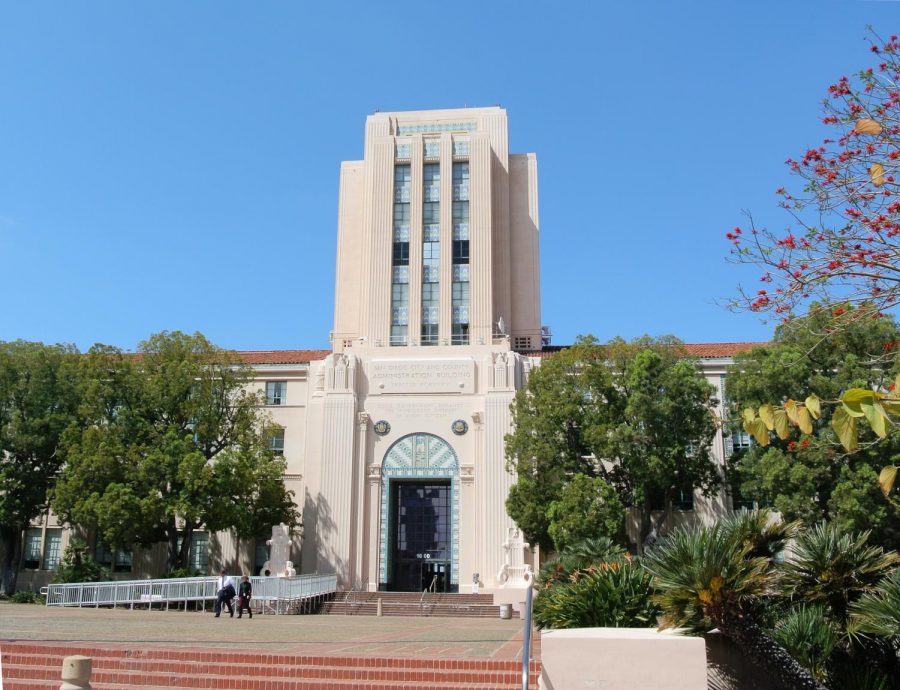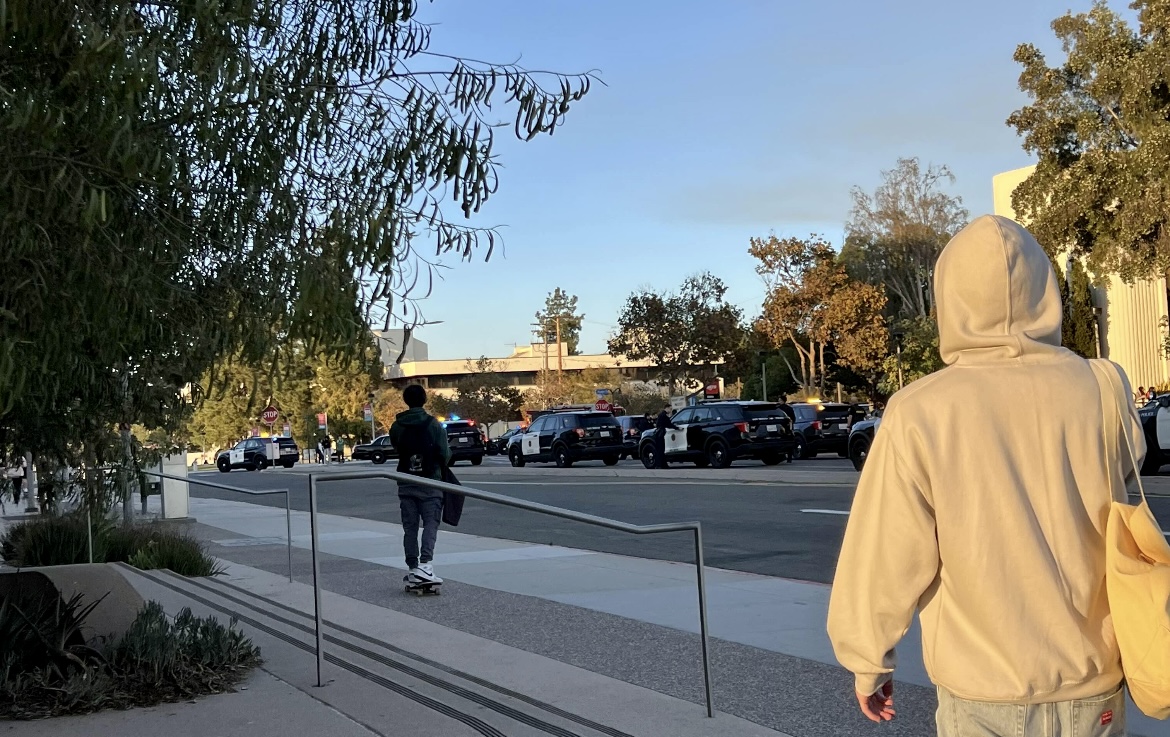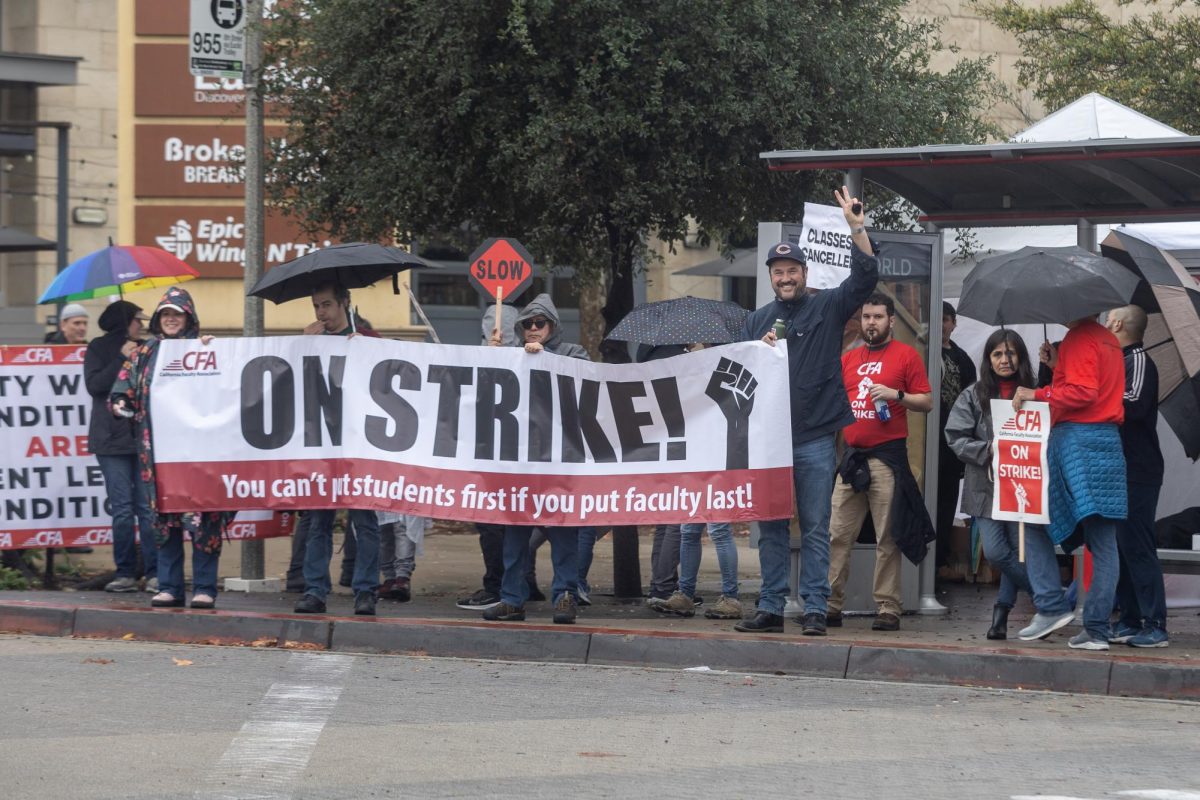Governor
Democrat Gavin Newsom was projected to beat Republican John Cox handily. Newsom had 56.9 percent of the vote with 42.8 percent of precincts reporting as of 11:59 p.m. Nov. 6. He is currently the 49th lieutenant governor of California and served as the major of San Francisco for seven years. His top three priorities are to defend immigrants and workers rights, implement a job-training system to stimulate job opportunities and investing in affordable housing, roads and highways.
Senate
Democrat Dianne Feinstein was projected to beat fellow Democrat and first-time candidate Kevin de Leon. Feinstein had 53.9 percent of the vote with 42.8 percent of precincts reporting as of 11:59 p.m. Nov. 6. Feinstein is the incumbent, seeking her fifth full term in Congress. Her top three priorities were pushing for universal health care, ending gun violence and focusing on DACA and immigration reform.
House of Representatives, CA-53
Democratic incumbent Susan Davis was projected to beat Republican first-time candidate Morgan Murtaugh. Davis, who as of 11:59 p.m. Nov. 6 had 64.1 percent of the vote with 22.4 percent of precincts reporting, has sat in the House of Representatives since 2001. Among her top priorities are increasing wages, with a particular focus on raising women’s wages, supporting military personnel and families, and increasing access to education.
House of Representatives, CA-52
Democratic incumbent Scott Peters was projected to beat Republican Omar Qudrat with. Peters, who as of 11:59 p.m. Nov. 6 had 60.8 percent of the vote with 19.9 percent of precincts reporting, has been in his seat since 2013 and previously has been appointed as the commissioner and chairman of the San Diego Unified Port District. His top three priorities are supporting small businesses, providing adequate healthcare benefits to veterans and standing up to the Trump administration.
House of Representatives, CA-51
Democratic incumbent Juan Vargas was projected to beat Republican Juan Hidalgo. Vargas had 65 percent of the vote with 43 percent of precincts reporting as of 11:59 p.m. Nov. 6. Vargas has previously served on the San Diego City Council and the California State Legislator. Among his top priorities are passing comprehensive immigration reform, saving Medicare and Social Security, and secure veterans’ access to benefits.
House of Representatives, CA-50
For California’s 50th congressional district, Republican incumbent Duncan D. Hunter was projected to beat Democratic first-time candidate Ammar Campa-Najjar with 54.1 percent of the vote and 35.7 percent of precincts reporting as of 11:59 p.m. Nov. 6. Hunter has served two terms in Congress and previously worked as a lieutenant in the U.S. Marine Corps. His top three priorities are cutting taxes for working families, advocating for pro-life causes and securing the border with stronger enforcement of immigration laws.
House of Representatives, CA-49
Democrat Mike Levin was projected to beat Republican Diane Harkey. Both are first-time candidates. Levin had 52.4 percent of the vote with 38.9 percent of precincts reporting as of 11:59 p.m. Levin previously worked in the energy sector and was executive director of the Democratic Party of Orange County from 2006 to 2007. His top three priorities are advocating for clean energy, fighting for women’s equity and developing stricter gun regulations.
Proposition 6
Proposition 6, which would repeal a statewide gas tax enacted last year, was projected to fail. The money generated from the tax will continue to fund highway and road repairs, transportation improvements and other future projects. Current projects that depend on funding from the tax will be unaffected by this vote.
Proposition 7
Proposition 7 was projected to pass, meaning the California State Legislature has the power to end daylight savings time with a two-thirds vote if approved by the federal government. Despite the proposition passing, no change is likely to occur immediately. Those in support of the proposition said eliminating daylight savings time could have considerable public health benefits.
Proposition 10
Proposition 10 was projected to fail. The proposition sought to repeal the Costa-Hawkins Rental Housing Act of 1995, which would have allowed local governments the ability to implement rent control policies. Those in opposition to Prop 10 said it would not solve California’s affordable housing crisis because it would de-incentivize the construction of rental housing and make it more difficult for landlords to own properties and adequately maintain them.
Proposition 12
Proposition 12 was projected to pass. This means there will be new square footage requirements for the cages of certain farm animals. Prop 12 also bans the sale of any animal products that have been produced without meeting the space requirements. Supporters of the proposition say this will prevent animal cruelty and protect consumers from food poisoning and factory pollution.
Measure D
Measure D was projected to pass. This means, in future elections, the two candidates with the most votes in the primary election will move on to the general election, regardless of whether they received a majority vote. Previously, candidates could be elected outright in the primary if they received more than 50 percent of the vote. Supporters of Measure D say this will ensure candidates are voted on by a majority of the electorate because fewer people turn out for primary elections.
Measure E and G
Measure G, the SDSU West initiative, was projected to win with 55.85 percent of the vote and 35 percent of precincts reporting as of 11:59 p.m. Nov. 6. Measure E, the SoccerCity initiative, received 28.6 percent in support as of the same time. This means the city it permitted to sale the SDCCU stadium site to San Diego State or an SDSU auxiliary organization for a campus expansion, new stadium, open space, public trails, housing, retail space and transit improvements.












